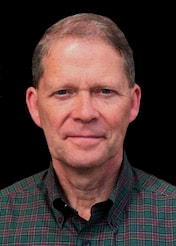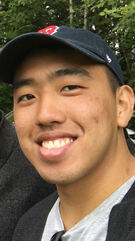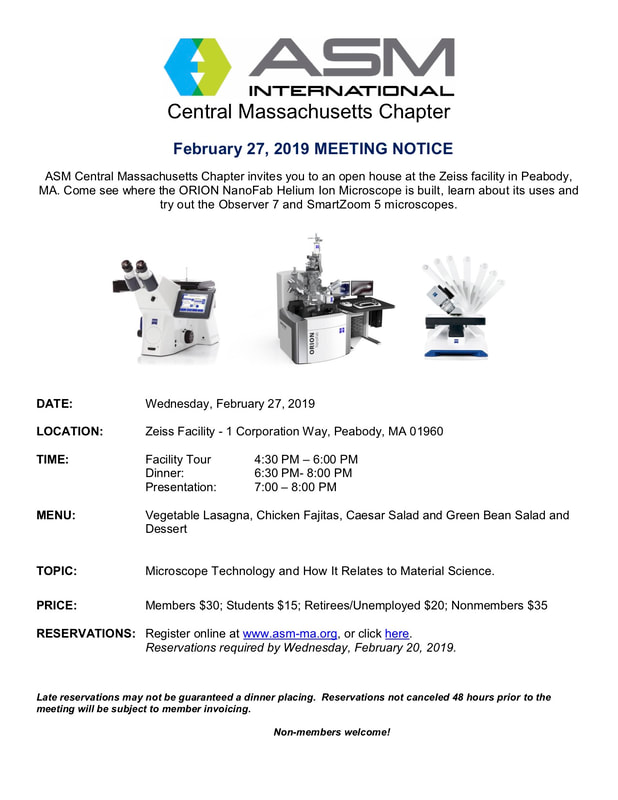NEXT MEETING
Electronic design at the system level consists of integration of an array of different individual semiconductor and electrical components, whether the system is a miniature embedded medical device or a mobile device, or as large as the power electronics driving high-speed passenger trainsets. The integration of so many disparate component types includes ICs, RF devices, power semiconductors, and subassemblies such as DC-DC converters. Many of these component types, while highly efficient, also dissipate some amount of heat.
Managing heat dissipation becomes the responsibility of mechanical engineers responsible for the system enclosure, internal mechanical and thermal design, and balancing many competing factors – including industrial design, EMI shielding, airflow and heat flow – while meeting overall system design requirements. A major failure mechanism for electronic systems is inadequate heat dissipation, both from individual components and at the system level. Heat is the single largest cause of failure, with vibration and dust and other environmental factors as examples of other factors. Thermal interface materials (TIMs) provide a critical intermediary between processors, power transistors, and other components that generate heat and heat sinks and mechanical components – to allow transfer and spreading of a given heat load to larger metallic surfaces and ultimately to the ambient air. While TIMs are a minor item on the bill of materials for any system, the role that proper evaluation and selection and placement of these materials in production assembly is critical. This presentation will provide insight on the large number of very different types of TIMs and serve as an overview of several important topics:
There are thousands of interface materials with many different thermal performance values, intended to address a wide range of requirements across every type of electronic system. Understanding and devising a logical evaluation of such materials is critically important to system design. For materials manufacturers, understanding the existing categories, test methods, selection process, and new opportunities is equally critical. 
Speaker Bio:
Dave Saums founded DS&A LLC as an independent consulting firm in 2003, assisting firms in assessing electronic thermal management markets and systems requirements for new business strategy, new product development concepts, and new product testing and introduction. Prior to this fifteen year period as an independent consultant, Dave worked for four different thermal management component, systems, and materials manufacturers over a twenty-five year period. This included managing a product development engineering team, managing development of a new manufacturing business with tens of millions of heat sink assemblies shipped per month, with evaluation of TIMs for those assemblies. Work experience also included business development for CTE-matched thermal materials, work on the first phase-change TIMs, mil-grade airmovers, and two-phase liquid cooling systems, with hundreds of visits to engineering groups globally in power electronics, telcom, computing, and semiconductor manufacturing companies. He has been the general chair for an advanced technology workshop on thermal management for nineteen years and has served as co-chair for four power electronics thermal management workshops in the EU. Dave earned BS and MBA degrees from Clarkson University, was named Society Fellow for IMAPS in 2010, and is a member of IEEE and SAE. We are also please to have a Dessert Presentation:
"Overview of the Physics Behind Rechargeable Batteries" by Richard Park Material Science Graduate Student MIT Rechargeable batteries have enabled multiple advances in portable electronics, transportation, and renewable energy storage. This talk will first provide a high-level overview of the fundamental physics behind a rechargable battery. Second, I will put these principles to critically evaluate certain talking points on batteries in the media, such as the likelihood of "batteries that last longer", and "fast charging electric cars".
Finally, I will briefly cover the economics of key commodities in battery manufacturing, and how they may potentially affect the cost competitiveness of electric vehicle adoption over the next few years. If time permits, I will discuss modern research strategies for battery improvement, such as solid electrolytes, lithium anodes, polymer electrolytes, cathode development, and non-conventional battery chemistries such as Li-Sulfur and Li-Air. 
Richard Park is a third-year graduate student at MIT in the Department of Materials Science and Engineering. His research contributes towards the development of "batteries beyond Lithium-ion" for portable electronics and transportation. Namely he is interested in understanding the physics behind metal electrodeposition on solid-state ionic conductors, which may enable the engineering of inflammable solid-state batteries with twice the energy density of batteries available today. Before moving to MIT, Richard received a Bachelors of Engineering from the University of Auckland in New Zealand in 2016.
LOCATION AND SCHEDULE for 2018-2019 Season Hyatt Regency Hotel 575 Memorial Drive Cambridge, MA 6:00 PM - 6:30 PM Networking; cash bar 6:30 PM - 7:15 PM Dinner 7:15 PM - 7:30 PM Dessert Speaker 7:30 PM - 8:30 PM Featured Speaker Tour of Zeiss Facility on Feb 27th
ASM Central Massachusetts Chapter invites you to an open house at the Zeiss facility in Peabody, MA. Come see where the ORION NanoFab Helium Ion Microscope is built, learn about its uses and try out the Observer 7 and SmartZoom 5 microscopes.
Register online at www.asm-ma.org, or click here. More Information in flier below:
Our Chapter's 100th Anniversary is February 2020. We have begun planning an exciting celebration. Our October meeting will be on Oct 18th. |
Please see our new section on Job Openings!
Many companies have discovered the difference that supporting the Boston chapter can make. By participating in Boston Chapter activities, their employees develop technical expertise while learning valuable leadership skills. To find out more about what sustaining membership can do for your organization, click here (pdf).
ASM International fosters the understanding and application of metals and other engineered materials and their research, design, reliable manufacture, use, and economic and social benefits. To join ASM International, click here. (Note - For new members your first Chapter Dinner Meeting is free).
Join Our Mailing List (You can unsubscribe any time) Atrium Medical Corporation CSM Instruments Dynamic Flowform Corp Excel Technologies H.C. Starck Jentek Sensors, Inc. Procter and Gamble Semtech Solutions General Meetings are held at:
Hyatt Regency Hotel 575 Memorial Drive Cambridge, MA | ||






